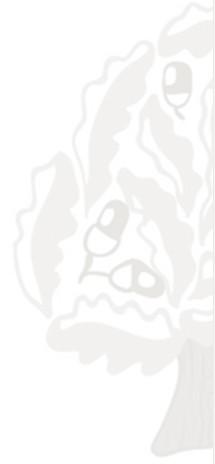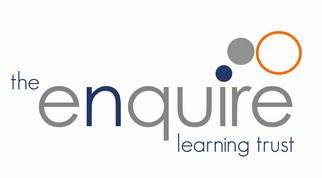Curriculum overview for DT
Cooking and nutrition
• Where food comes from and balanced diet.
• Preparation, following recipes and cooking skills.
• Hygiene and safety.
Mechanisms/mechanical systems
• Mimic natural movements using mechanisms such as cams, levers and sliders.
Structures
. Our DT curriculum consists of five key areas. Key designers have been identified and the theme of the units are, where appropriate, linked to the main texts for the term.
• Material, functional and aesthetic properties.
• Strength and stability, stiffen and reinforce structures.
Textiles
• Using a patter, sewing, decorative and functional fabric techniques including cross stitch, blanket stitch and applique.
In Key Stage 2 only:
Electrical systems
• Operational series circuits, circuit components, circuit diagrams and symbols.
• Combining components to create electrical products.
In each of the five areas, our curriculum follows the design process of design, make, evaluate and includes technical knowledge to ensure that pupils:
• Develop the creative, technical and practical expertise needed to perform everyday tasks confidently and to participate successfully in an increasingly technological world.
• Build and apply a repertoire of knowledge, understanding and skills in order to design, and make high-quality prototypes and products for a wide range of users.
• Critique, evaluate and test their ideas and products and the work of others.
• Understand and apply the principles of nutrition and learn how to cook.
Both formative assessment and end of unit summative assessments inform our planning. Summative assessments are recorded termly and shared with the subject leader.




Nursery Structures: bug hotel
Cooking and nutrition: birthday cakes
Reception Structures: hibernation boxes
Textiles: threading cards
Structures: bird feeders
Textiles: large threading
Structures: bird houses
Cooking and nutrition: rainbow salad
Cooking and nutrition: fruit kebabs
Structures: shelters
Textiles: bookmarks
Structures: boats
Year 1
Year 2
Year 3
Structures: constructing a windmill
Structures: A chair fit for a king
Cooking and nutrition: eating seasonally
Year 4 Mechanical systems: making a slingshot car
Year 5 Electrical systems: doodlers
Year 6
Textiles: waistcoats
Textiles: Little Red puppets
Mechanisms: a fairground wheel
Digital world: wearable technology
systems: torches
Mechanical systems: gears and pulleys
Digital world: navigating the world
Cooking and nutrition: smoothies
Mechanisms: making a moving creature
Structures: constructing a Roman castle
Structures: pavilions
Cooking and nutrition: developing a recipe
Structures: playgrounds




